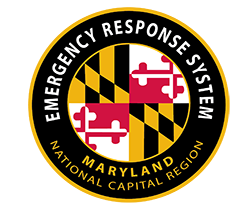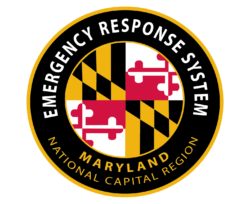
Negotiation & Conflict Resolution
This four-part, interactive program explores the dynamics of conflict and present pragmatic tools for managing and settling it. The series focuses on the roots and accelerants of conflict. Participants developed an understanding of the five different approaches to engaging in conflict, as well as the two principal approaches to negotiation. To wrap up the series, participants worked through a simulation on conflict and negotiation, drawing on the lessons they have learned in the first three sessions to solve the case.
Please note in-person synchronous attendance is required to receive credit for this MDERS sponsored training event.
The first session will explore how to conflict arises, how to distinguish between “good” and “bad” conflict, and how to manage it in an organizational setting.
Learning Objectives:
- Differentiate between “good” and “bad” conflict.
- Understand the root causes of conflict as well as what factors inflame or calm it.
- Appreciate the unintended “shadow effect” consequences of unresolved conflict throughout the organization and the broader network of stakeholders.
Participants will take a conflict style assessment in advance of the session. In the session, participants will develop and understanding of five different approaches to engaging in conflict, when each is appropriate, and when each may be detrimental. Individuals with facility with multiple alternatives for conflict resolution are best able to navigate tense situations.
Learning Objectives:
- Develop an appreciation that every individual has a conflict comfort zone—and the importance of being able to move beyond it to create conflict resolution options.
- Understand five core conflict modes and how they can generate multiple possibilities for productive dialog.
There are two principal approaches to negotiation: positional and interest based. The former generates win-lose situations while the latter focuses on the potential for win-win outcomes. This session presents the Walk in the Woods, a pragmatic four-step method for interest-based negotiation. Participants will use the Walk on a fictional negotiation case.
Learning Objectives:
- Be able to distinguish between when it is best to use positional bargaining and when interest-based negotiation may be a better option.
- Understand the four steps of the Walk in the Woods and how to work with each.
- Discover how to use the Walk in the Woods as a negotiating strategy planning tool.
Participants will work through a conflict and negotiation simulation in small groups. It will require drawing upon all they have learned in the first three sessions to solve the challenges of the case. The simulation has a time deadline adding an additional dimension to the learning environment.
Learning Objectives:
- Practice discerning the dynamics of a conflict-laden situation and the interests of the various stakeholders involved.
- Experience using the tools from this class in a realistic, time-pressured environment.
- Gain comfort with and confidence in their ability to navigate complex situations and generate positive outcomes.

